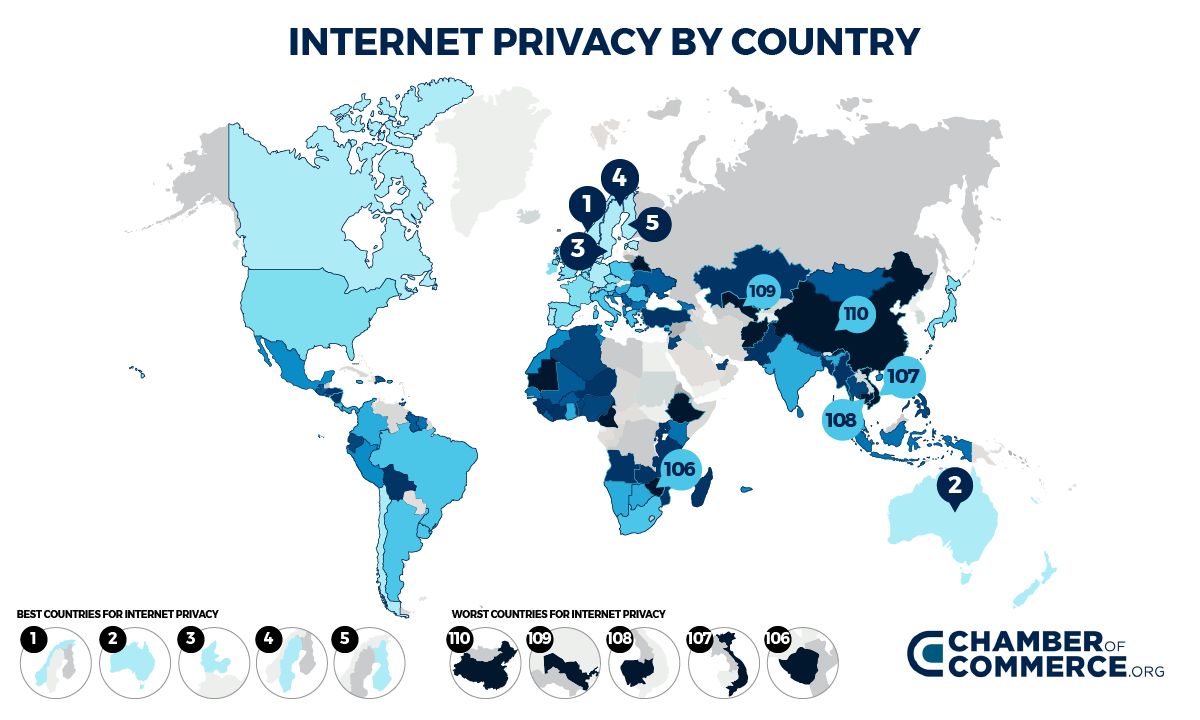A Guest Posting by Alex Grant of BestVPN.org
Original article here
Internet usage is growing by the day. As usage grows, so does the amount of information shared. A lot of information is shared voluntarily. People create profiles for social media sites, join email lists and download white papers. With every interaction, data is voluntarily given.
Meanwhile, more aggressive marketing tactics like tracking website behavior is becoming all too popular. In an attempt to show customers relevant ads, companies monitor clicks, identify trends and create targeted ad campaigns. Companies using data for advertising purposes is one thing, but personal data is a goldmine for hackers. From email phishing scams to ransomware, there are a number of threats that make personal data like passwords, bank accounts and credit card numbers, vulnerable.
Internet privacy is one of the fastest growing concerns among online users.
Research shows that 68% of users are concerned about not knowing how their personal information is collected online and used. And concern is only growing. Forty-five percent of consumers are more worried about their online privacy than they were a year ago, according to TrustArc
The state of internet privacy is an important topic, which is why we’ve created this guide to discuss privacy concerns, explore solutions and present an Internet Privacy Index that ranks the internet privacy of 100+ countries.
In this guide, we’ll cover:
- Global use of the internet
- Internet Privacy Index
- Cybercrime legislation
- Data privacy for consumers
- Patchwork legislation makes data privacy difficult
- Consumer efforts to protect customer data
Continue reading → Internet Privacy Review 2019







